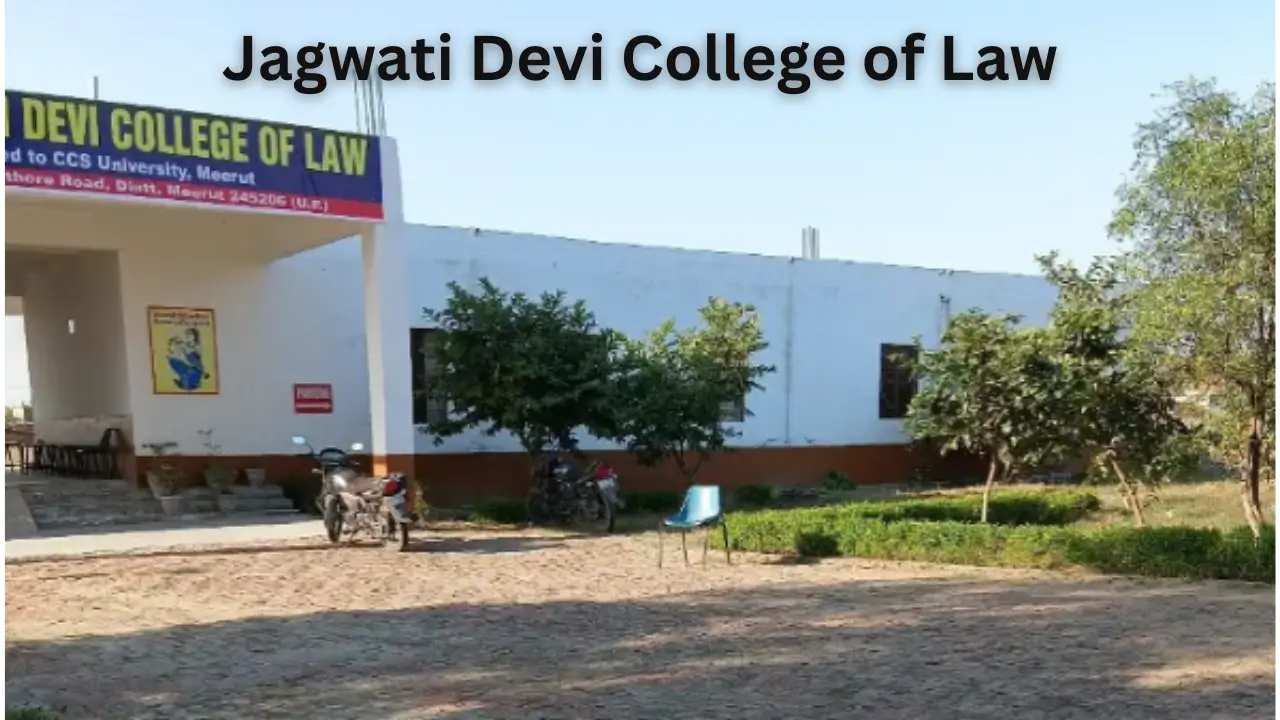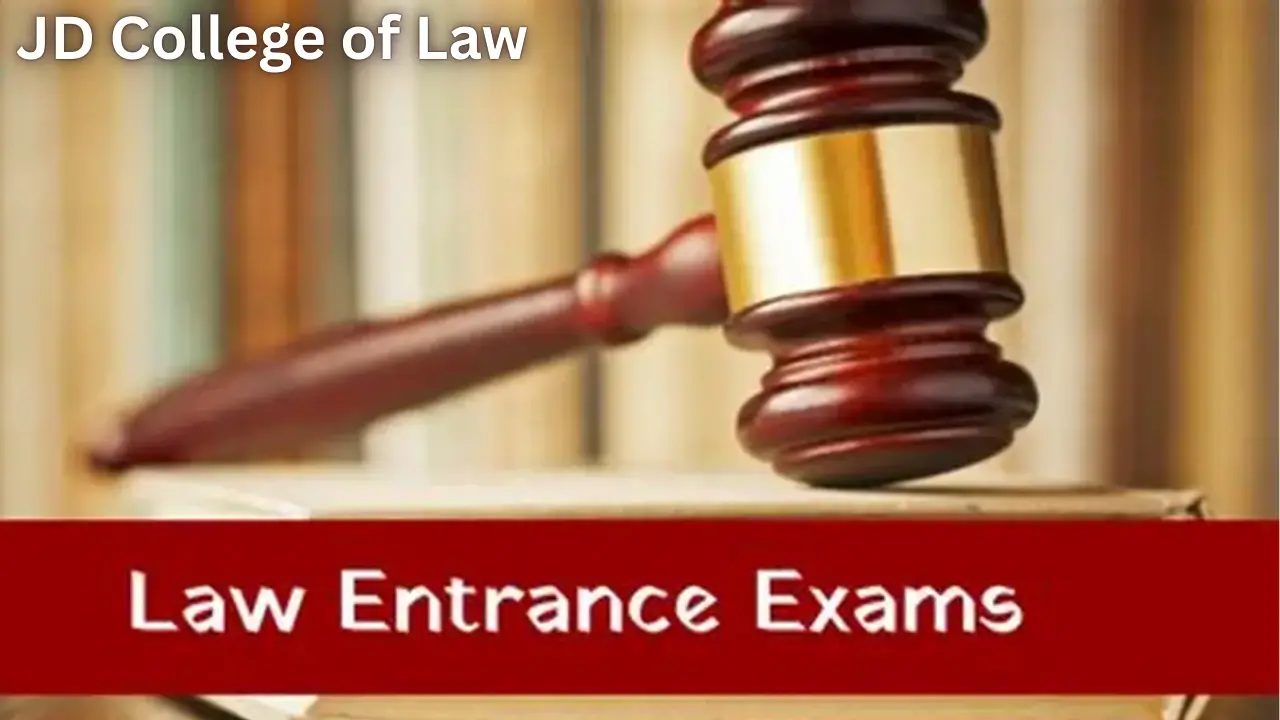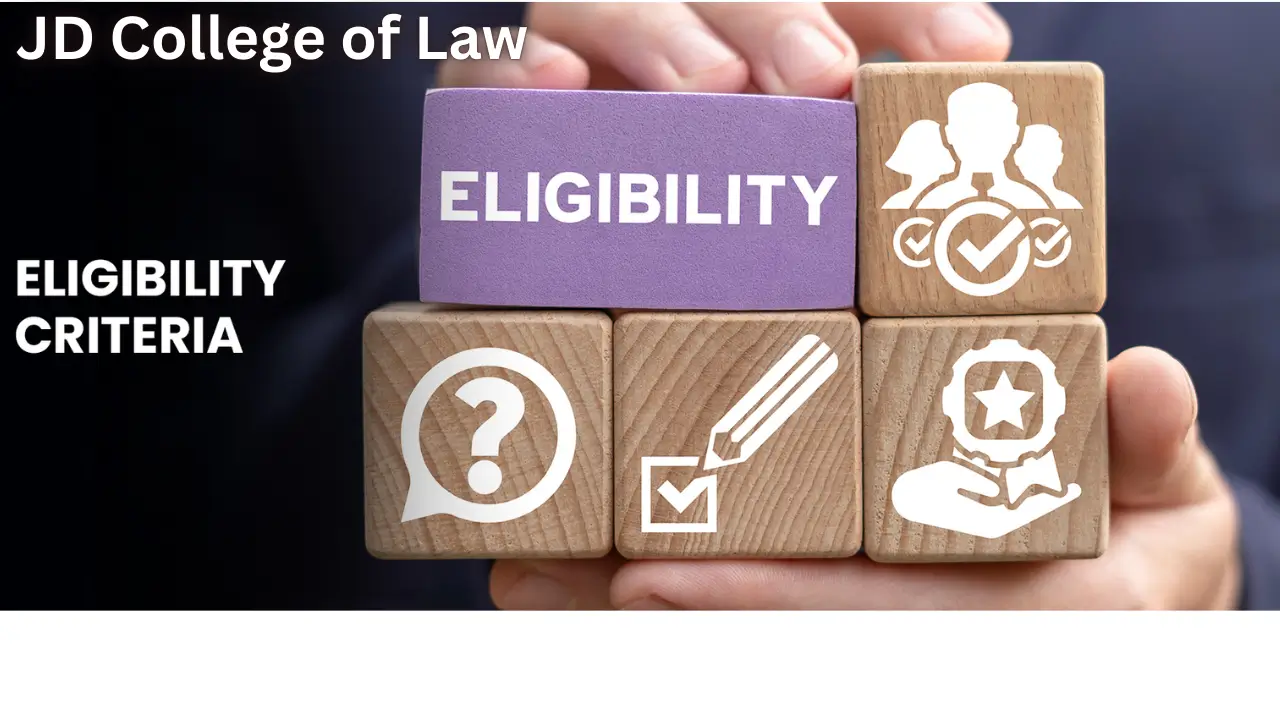Is JD College of Law approved by the Bar Council of India (BCI)? This question is crucial for prospective law students, as BCI recognition determines the validity of a law degree for legal practice in India. This article provides detailed insights into JD College of Law’s approval status, what BCI approval means, and the latest updates concerning law college approvals in India.
Understanding BCI Approval and Its Importance
The Bar Council of India (BCI) is the statutory body that regulates legal education and the legal profession in India. It sets standards for law colleges and grants approval and affiliation to institutions offering law courses such as the LLB, BA LLB, and LLM. Without BCI approval, a law degree is not recognized, and graduates cannot enroll to practice law in Indian courts.
Key reasons why BCI approval matters:
- Validates the law course and degree.
- Permits students to appear for the All India Bar Examination (AIBE).
- Allows enrollment with State Bar Councils to practice law.
- Ensures standards of legal education are maintained.
Current Status of JD College of Law Regarding BCI Approval
As of the latest information available, JD College of Law is not listed among the law colleges approved by the Bar Council of India. BCI maintains and regularly updates a public list of approved law colleges and universities authorized to conduct law courses in India.
Law colleges with BCI approval:
- Obtain official affiliation letters.
- Are authorized for courses like 3-year LLB, 5-year integrated law degrees.
- Are subject to periodic inspections and audits by BCI.
JD College of Law’s absence from this list means degrees awarded by it may not be recognized for legal practice in India at present. Prospective students should verify directly with BCI or the college for any updates or clarification before admission.
Latest Updates in Law College Approvals by BCI (2025)
- BCI has imposed a freeze on new law college approvals for three years starting 2025 to improve legal education quality.
- The Council is emphasizing strict adherence to infrastructure, faculty, and academic standards.
- Existing law colleges must undergo periodic reviews to maintain approval status.
- The Bar Council actively updates its list of recognized law colleges and universities.
Comparison of BCI Approved vs Non-Approved Law Colleges
| Aspect | BCI Approved Law College | Non-Approved Law College |
|---|---|---|
| Degree Recognition | Recognized for legal practice | Not recognized |
| Eligibility for AIBE | Eligible | Not eligible |
| Enrollment with Bar | Permitted | Not permitted |
| Quality Standards | Monitored and maintained | Not monitored |
| Career Opportunities | Valid throughout India | Limited to none |
Tips for Law Aspirants Checking College Approval
- Always check the latest BCI approved college list before admission.
- Confirm the course duration and type is recognized by BCI.
- BCI recognition is mandatory to practice law in India.
- Beware of unapproved colleges offering law degrees.
- Approach BCI or visit official portals for authentic information.
- Evaluate colleges based on infrastructure and faculty quality as per BCI norms.
Conclusion
JD College of Law currently does not appear in the Bar Council of India’s approved law college list, which is essential for the recognition of law degrees for practicing law in India.
It is important for students planning to pursue legal education to enroll only in BCI-approved institutions to ensure their degrees are valid and their legal careers can proceed unhindered. The Bar Council of India continues to regulate and review law colleges rigorously to enhance the quality of legal education nationwide.












